Mathematician Tran Nam Dung, Vice Principal of the Gifted High School (Ho Chi Minh City National University) believes that a successful teacher is someone who knows how to "draw" students into the learning process.
'When I first started teaching, I was like friends with the board'
“I still remember when I first started teaching, I was like 'making friends with the board' and working a lot. At that time, Mr. Trinh (Mr. Le Ba Khanh Trinh - PV) said that if I taught like that, I would be exhausted later. After that, I realized that I had to find a way to make students actively participate in the learning process and the teacher was the one to instruct and guide them - that was the right thing to do. Of course, the next level of development is not only understanding but also knowing how to evaluate, apply, and be creative,” Dr. Tran Nam Dung shared.
The teaching principle that Dr. Tran Nam Dung often applies is "70-30".
“Sometimes in the teaching process, we are ‘greedy’ for new things but if we do not have a firm grasp, this is really not good, not good. For me personally, I always teach 70% of the old part. There are even lessons that I teach so smoothly, that I can ‘write with my eyes closed’, very firmly and confidently. And if students give wrong answers, I know where the mistakes come from. So 70% of the old part is still new to the teacher but to the students. But the remaining 30% is where creativity, attraction, surprise are created, and there are even lessons or knowledge that the teacher has not yet solved,” said Dr. Dung.
However, according to Mr. Dung, depending on the student group - specialized Math or general - this ratio can be adjusted.

Mr. Dung said that teaching in the AI era has clearly given us another tool, but it also brings worries and concerns.
“We have to accept AI. Instead of banning or opposing it, we accept it, but there must be adjustments in teaching.
AI is interactive, but never equals a real, nuanced teacher
Assigning homework now cannot be done in the old way anymore. Because exercises that are only graded by answers, basically like high school graduation exams, AI can do almost everything. So, we should not evaluate students only by grading answers. We can call them up to ask questions, or ask them to present the method and solution to get that answer. If the answer is correct but they cannot present it, it shows that the student does not understand and learns mechanically. Besides, teachers now have to pose problems and ask questions in a different way," Dr. Tran Nam Dung shared.
Also in this direction, Dr. Tran Nam Dung said that he can let students use the Internet, ChatGPT, Google... freely.
He gave an example: “In a lesson on azimuth, I allowed students to use ChatGPT, Google... to prepare the lesson content with the requirement that they find out what azimuth is, how it is applied, how it appears in life, and what field of knowledge it is related to. They used those tools to create a lesson and present and introduce it. If I saw that the students understood, I would check back by giving them questions to see if they could do it, and I saw that they did very well. Thus, teachers must change the way they teach, test, and evaluate, and must know how to use those tools.”
According to Dr. Tran Nam Dung, although AI has tried to interact and even express emotions, it can never be equal to a practical, subtle teacher.
“During my teaching, whenever I hear students say ‘ah’ or ‘wow’, I know I have succeeded. Or as soon as I put down the chalk, the whole class claps their hands because they are so surprised with the solution to a difficult problem. Only real teachers can have those feelings, but AI does not yet,” Dr. Dung shared.
In the new context, according to Dr. Dung, the role of the teacher also needs to change, shifting from “teacher” to “mentor”. The teacher will strengthen the role of organizing learning experiences, inspiring and respecting the learning journey of students.
Dr. Nguyen Phu Hoang Lan, lecturer at the University of Education - Vietnam National University, Hanoi, believes that the portrait of an excellent Math teacher in the AI era is not just good at solving Math problems.
"That means we don't just focus on being good at solving math problems, we also need to focus on the nature of math, what to learn and how to learn it," said Dr. Lan.
Dr. Lan believes that it is also important to create motivation for students to dare to ask and dare to learn. In addition, in the AI era, teachers must be proficient but not dependent on technology. “Teachers must be the ones to coordinate, use and guide students on how to use technology. Previously, we taught a lot about memorization and understanding, while higher-level thinking was often done through giving students difficult exercises and homework. Now, it needs to be reversed, because memorization and understanding, with the support of technology and AI, students can learn very simply; teachers need to guide them on how to analyze and apply or evaluate and create. That is what is important and necessary, creating more value for humans compared to machines and technology," said Dr. Lan.
Source: https://vietnamnet.vn/ts-tran-nam-dung-noi-dieu-can-thay-doi-ve-day-hoc-toan-trong-thoi-dai-ai-2430665.html



![[Photo] Prime Minister Pham Minh Chinh chairs the conference to review the 2024-2025 school year and deploy tasks for the 2025-2026 school year.](https://vstatic.vietnam.vn/vietnam/resource/IMAGE/2025/8/22/2ca5ed79ce6a46a1ac7706a42cefafae)
![[Photo] President Luong Cuong attends special political-artistic television show "Golden Opportunity"](https://vstatic.vietnam.vn/vietnam/resource/IMAGE/2025/8/22/44ca13c28fa7476796f9aa3618ff74c4)

![[Photo] President Luong Cuong receives delegation of the Youth Committee of the Liberal Democratic Party of Japan](https://vstatic.vietnam.vn/vietnam/resource/IMAGE/2025/8/22/2632d7f5cf4f4a8e90ce5f5e1989194a)










































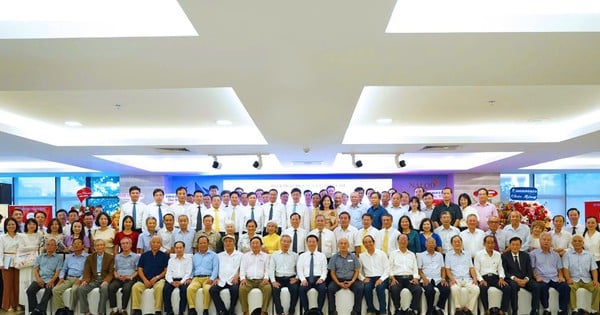

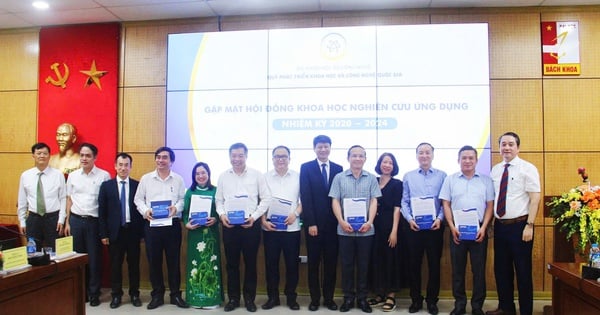









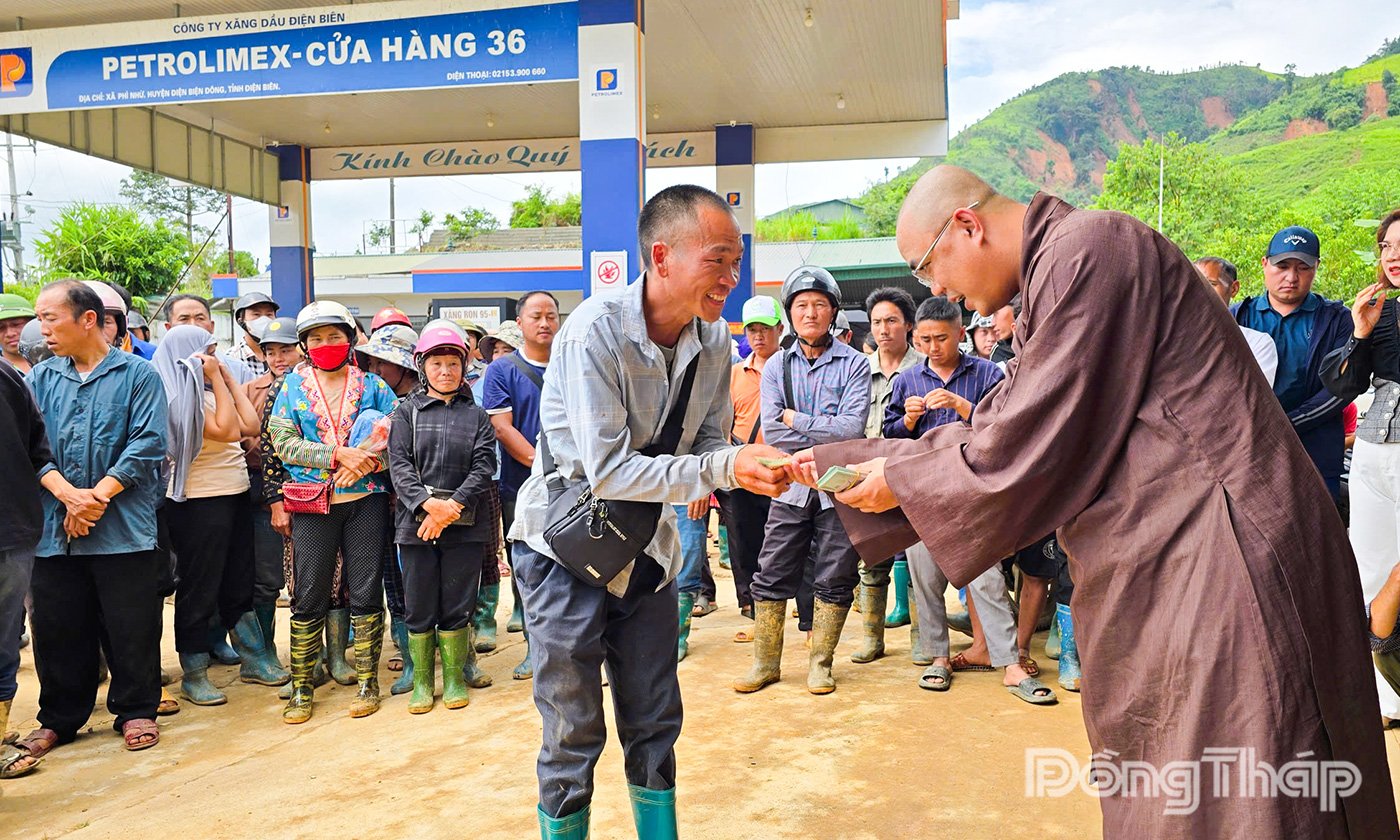



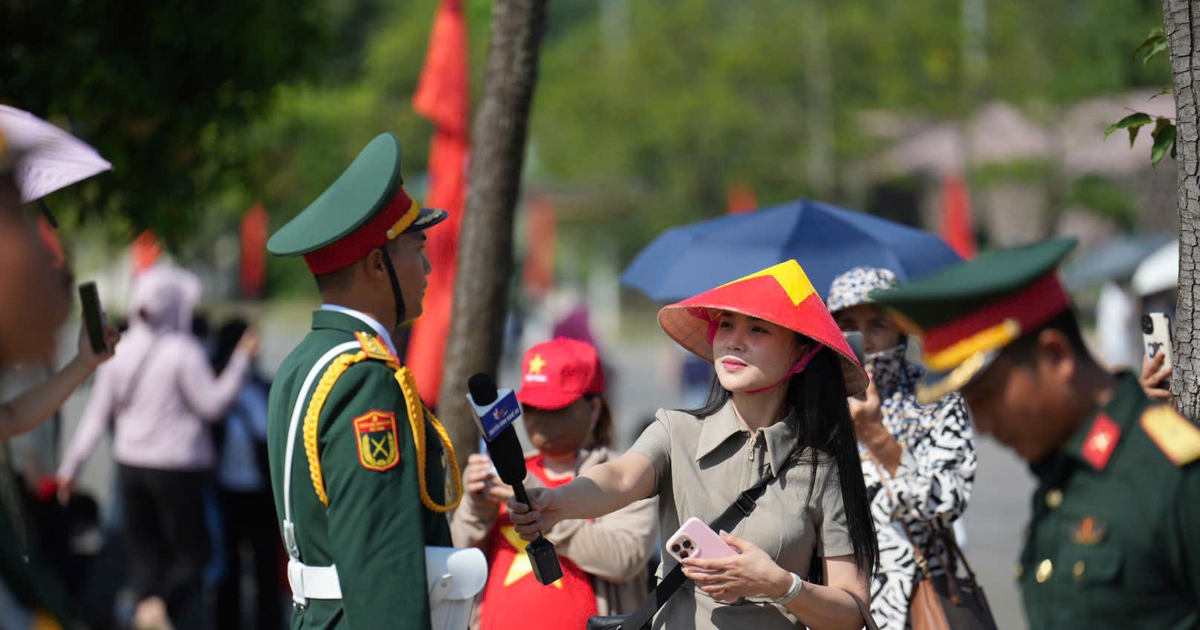

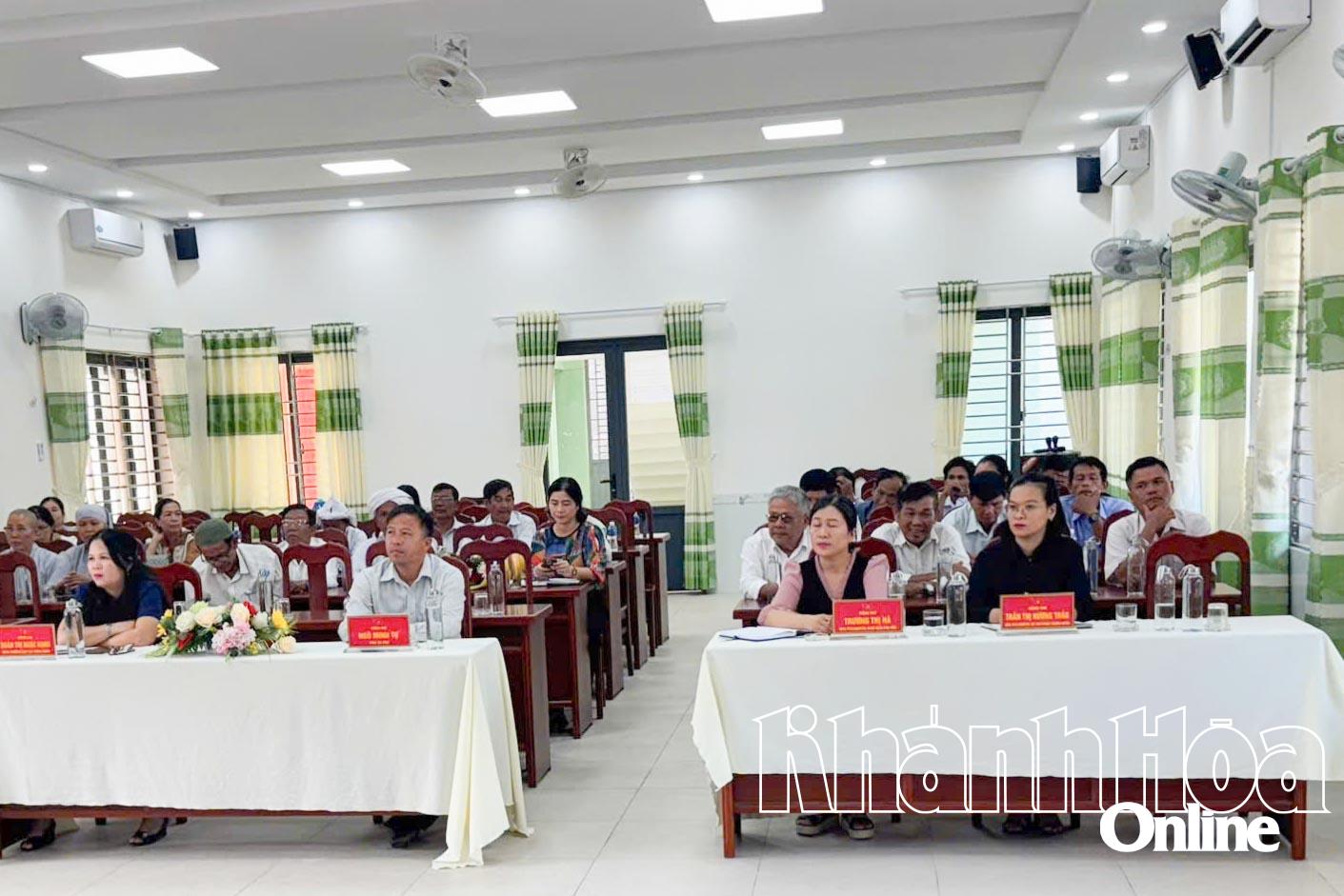
















Comment (0)